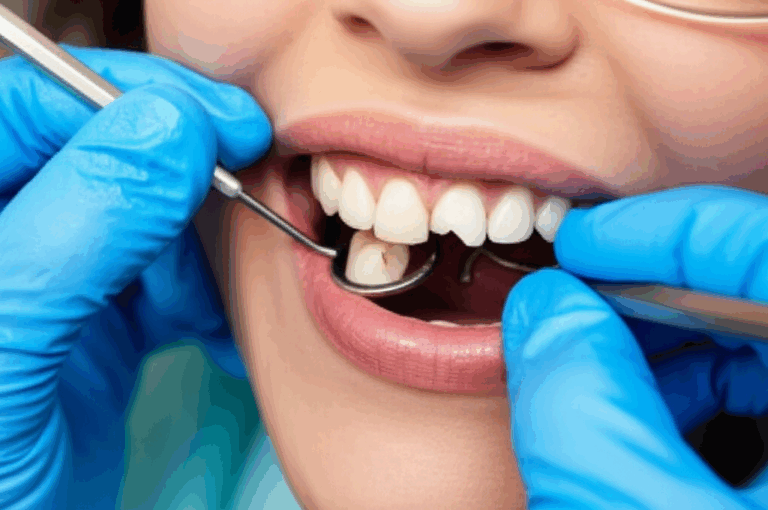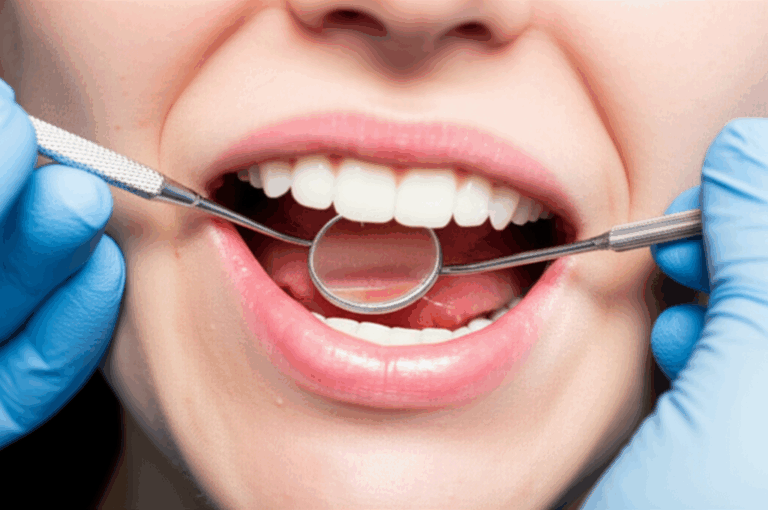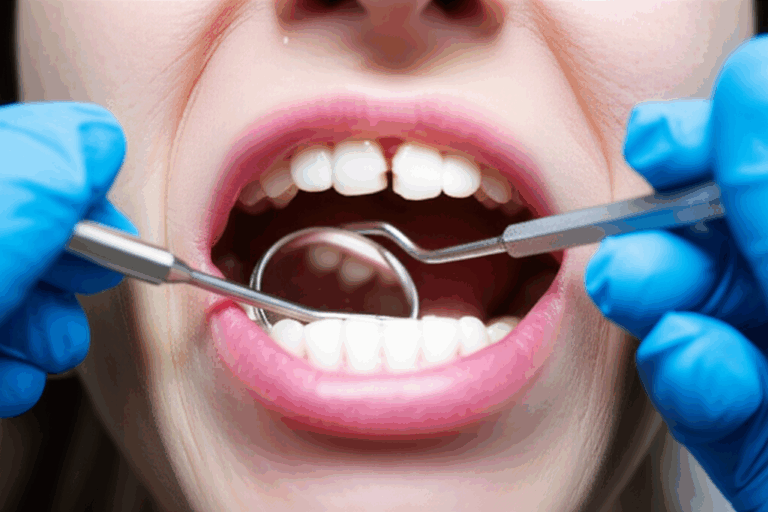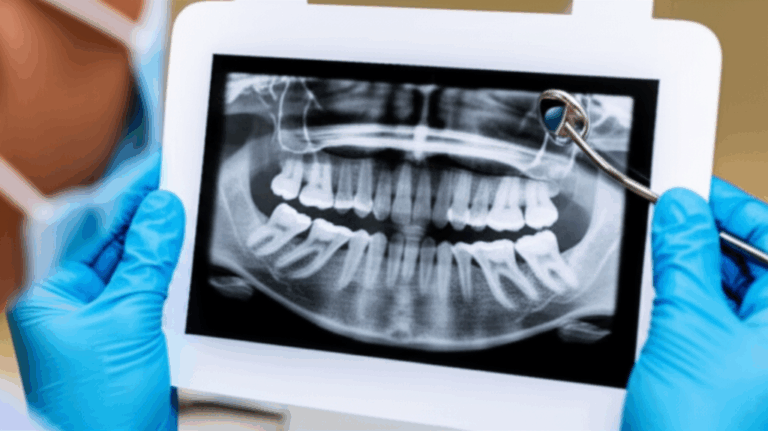
Can a Dentist Perform Rhinoplasty? Unpacking the Truth About Nose Surgery Qualifications
Table of Contents
- Board-Certified Plastic Surgeons
- Board-Certified ENT Surgeons
- Facial Plastic Surgeons
Introduction: How I First Faced the Dentist vs. Surgeon Nose Job Question
Not long ago, I found myself deep in online forums, reading up about “nose jobs”—really called rhinoplasty. What got me started? A friend said, “Hey, I heard some dentists can do nose jobs now.” That made me stop in my tracks. Was that for real? Could the same person who put in my fillings also shape my nose? It sounded interesting but also a bit scary.
I’ve always wondered where dental skills and medical work are different, so I decided to figure it out. I looked into it, talked to some experts, and learned way more than I thought about who really does rhinoplasty—and why it matters for you.
The Straight Answer: Can General Dentists Do Rhinoplasty?
Let’s not waste time. The answer I found, after asking and reading, is no—a regular dentist cannot and should not do a real rhinoplasty. There’s not much mystery here—it’s just how it is.
Why not? Dentists know teeth, gums, jaws, and some soft tissue. To change the shape of your nose—meaning cutting, shaping, and stitching the cartilage and bone, while working around all the delicate stuff—dentists simply don’t have the training, law papers, or real-life surgery practice that this kind of job needs. It’s like asking your car mechanic to fix your fridge—maybe they use some similar tools, but it’s just not what they do.
What Is Rhinoplasty? Busting the “Nose Job” Myth
Let’s talk about what rhinoplasty really is. When you hear “nose job,” it sounds almost easy, like you just swap one nose for another. But it doesn’t work like that at all.
Rhinoplasty is surgery to change the shape of the nose. That can mean small changes—like smoothing out a bump or fixing the tip—or bigger stuff, like making it straight again after it’s been broken. Sometimes, it gets done with septoplasty, which is fixing the wall inside the nose so you can breathe better.
Big reasons for rhinoplasty?
- Looks (Cosmetic): Changing the shape, size, or angle to fit your face better.
- Function (Breathing): Fixing stuffed airways, crooked walls inside, or injuries.
But here’s what surprised me—the nose is tricky. It’s right in the middle of your face; it’s made of bone, soft parts, cartilage, and, most important, your airways. Make the wrong move and you don’t just mess up the way you look, you can mess up how you breathe.
Complexity: Why Rhinoplasty Isn’t Like Filling a Cavity
This is where I learned how nose jobs are worlds away from things like root canals or taking out teeth.
Rhinoplasty needs:
- A real feel for nose shape: All the tiny pieces work together in a careful way. Mess the shape or angle up, and the whole thing can look off or stop working right.
- Good eye for looks: What’s “normal” or matches your face is different for everyone.
- Surgery skills: Things like putting in little pieces of cartilage, cutting bone, opening airways, and sometimes fixing things after an accident.
I read stories where just a tiny cut in the wrong place meant someone could have trouble breathing forever. That’s a big deal.
Who Is Qualified for Rhinoplasty?
So, if not dentists, who really does nose jobs? Here’s what I found out about different kinds of training and what really counts.
Board-Certified Plastic Surgeons
Plastic surgeons first become real doctors (MDs), then spend years learning all kinds of surgery, then they focus just on fixing or making things look better. A board-certified plastic surgeon (with certification from the American Board of Plastic Surgery) has all the tough training you want when they’re working on your nose.
Board-Certified ENT Surgeons (Otolaryngologists)
Ear, nose, and throat (ENT) doctors are also MDs who learn all about surgery on the head and neck. They fix broken noses, blocked airways, sinuses, and many do special extra training in face surgeries. So they know about both looks and breathing.
Facial Plastic Surgeons
A facial plastic surgeon is a person who focused all their learning just on the face and neck. They know how to fix all the tiny things so it looks natural. If you want surgery to fix a nose job that went wrong, these are often the ones called. They have a strong eye for what fits a face and how healing works.
The OMFS Factor: What Oral and Maxillofacial Surgeons Actually Do
Here’s where it became a bit more detailed for me.
Oral and maxillofacial surgeons (OMFS) are not basic dentists. They usually start with dental school, then go through a hospital program for up to 6 years, and sometimes even become MDs too. They know about mouth, jaw, and face bones. They’re the ones showing up to fix broken jaws in the emergency room.
Where Do OMFS and Rhinoplasty Overlap?
They’re really good at trauma, jaw surgeries, and fixing faces after things like cancer. Sometimes, OMFS with even more, extra training can do some nose repair work, like after an accident.
But keep this in mind: I haven’t found a hospital where a regular OMFS (without extra training just for noses) does regular, cosmetic nose jobs. Their usual schooling isn’t enough for this. Most OMFS stick to what they’re best at.
Dentist vs. Medical Doctor: Understanding the Training Gap
At first, the difference in training looked small to me. Then I really dug in.
Dental Degree (DDS/DMD)
Dentists learn all about teeth, jaws, gum health, and some face bones and soft tissue. Dental anatomy? Absolutely. Taking out teeth, putting in implants? Yes.
But dental school doesn’t spend time on the bones and tricky surgery needed for noses, or the beauty side of things that rhinoplasty needs.
Medical Degree (MD)
Doctors get the big picture—about the whole body. After that, they pick what to study, like the head and neck, how to do surgery, treat diseases, handle sleep problems after surgery, and fix issues like infections.
Who Decides What’s Allowed?
Here’s the sure part. The law and state boards tell every healthcare worker what they can and can’t do. Rhinoplasty is only for doctors—especially those with lots and lots of head and neck surgery practice.
What Facial Cosmetic Work Can Dentists Legally and Safely Do?
By now, you might be thinking: “Wait, don’t some dentists offer Botox or fillers, or even suggest face improvements?” Yes—but with clear limits.
Dermal Fillers
Dentists who’ve gone to special training can give fillers to make lips plumper, smooth smile lines, or shape the chin and jaw. This is sometimes a nice touch, especially after fixing teeth.
Botox
Dentists use Botox for both looks (like reducing frown lines) and for jaw pain or twitchy smiles. They take extra classes to do this kind of work.
Minor Soft-Tissue Procedures
Dentists and OMFS can do tiny surgeries near the mouth—like cutting a piece of tissue under the lip or reshaping gums.
What About OMFS?
OMFS doctors can change how your face looks by moving jaws or fixing damage after an injury. That type of surgery can change the nose by accident, but regular, planned nose jobs? Again, not really their area.
Choosing the Right Specialist for Your Nose Job: My Advice
What I learned: The most important thing for any kind of face surgery is the skill and practice of the person doing it.
Safety First
Problems from rhinoplasty can include trouble breathing, infections, or scars, and sometimes mistakes that change your face in a way you don’t want. Pick someone who is board certified, in a real surgery center, with safe anesthesia—not someone “trying” surgery outside their usual skills.
Results
There’s art and science to shaping a nose. Surgeons with special training in how the face looks can see when even a tiny change makes the whole face look better or worse.
Laws and Rules
Don’t let someone “try out” things they aren’t trained for. These rules are made to keep people safe. If something does go wrong, you want a doctor who followed the law and best practices.
A Quick Note on Internal Resources
While learning all this, I noticed there’s some overlap between dental work and making things look better—mostly using labs and new tech. For example, I’ve worked with a china dental lab to get great dental work, and lots of dentists use digital dental lab tools to make new, perfect teeth. If you want to fix your teeth or mouth, finding a great dental ceramics lab can give you awesome, life-like results—with no risk to your nose!
FAQs About Dentists, Nose Jobs, and Facial Surgery
Q: Can a cosmetic dentist do a nose job?
A: No. “Cosmetic dentist” means someone who makes smiles look better—not noses. Rhinoplasty needs skills and nose knowledge only found in plastic surgeons, facial plastic surgeons, or ENT doctors.
Q: Can an oral surgeon fix my nose if it’s broken in an accident?
A: If you really hurt your face, an OMFS might help a plastic surgeon fix broken face bones. For rebuilding after trauma, they might help. For regular nose jobs, go to a facial plastic surgeon, ENT, or plastic surgeon.
Q: Who should I see if I want a different nose shape?
A: Go to a board-certified plastic surgeon, ENT (ear, nose, and throat doctor), or facial plastic surgeon. They have the special schooling for both looks and breathing.
Q: Is it safe for my dentist to give me nose fillers?
A: Lots of dentists get special lessons to do fillers in lips and chin. But giving fillers to the nose is more dangerous—it can block blood and cause big problems. Only trust people with medical training and lots of practice in this area.
Q: What’s the difference between septoplasty and rhinoplasty?
A: Septoplasty means straightening out the inside wall of your nose so you can breathe better. Rhinoplasty means shaping the outside of the nose for looks or breathing, or both. Sometimes, both are done together—but always by a rightly trained doctor, never a regular dentist.
Conclusion: How to Make the Smartest, Safest Choice
Summing up what I’ve found: If you’re thinking of any nose surgery—from fixing the way it looks to opening it up to breathe—go with people who spend all their work time on noses and faces. Your regular dentist is great at fixing teeth, handling gums, and making you a crown, but noses? That’s not their job.
So, look for:
- Board certification in plastic surgery, facial plastic surgery, or ENT
- Real before-and-after pictures
- Honest, simple answers about their work
- A good record of safe care
Don’t be afraid to ask. Ask about training, paperwork, how many more times they did this surgery, and exactly what you’ll get.
Your face is what everyone sees. Like I tell my friends: Only trust it to the right pro. If you’re not sure, wait and ask more. Better to ask a hundred questions than regret it the rest of your life.
If you’re curious about what dentists are great at—like amazing crowns or making digital smiles—check out what a good digital dental lab can do, or see what science goes into perfect dental ceramics lab results. For anything with your nose, find the right surgeon.
Still have questions? Reach out to a real specialist. The best journeys start with the right questions—and the right guide.








